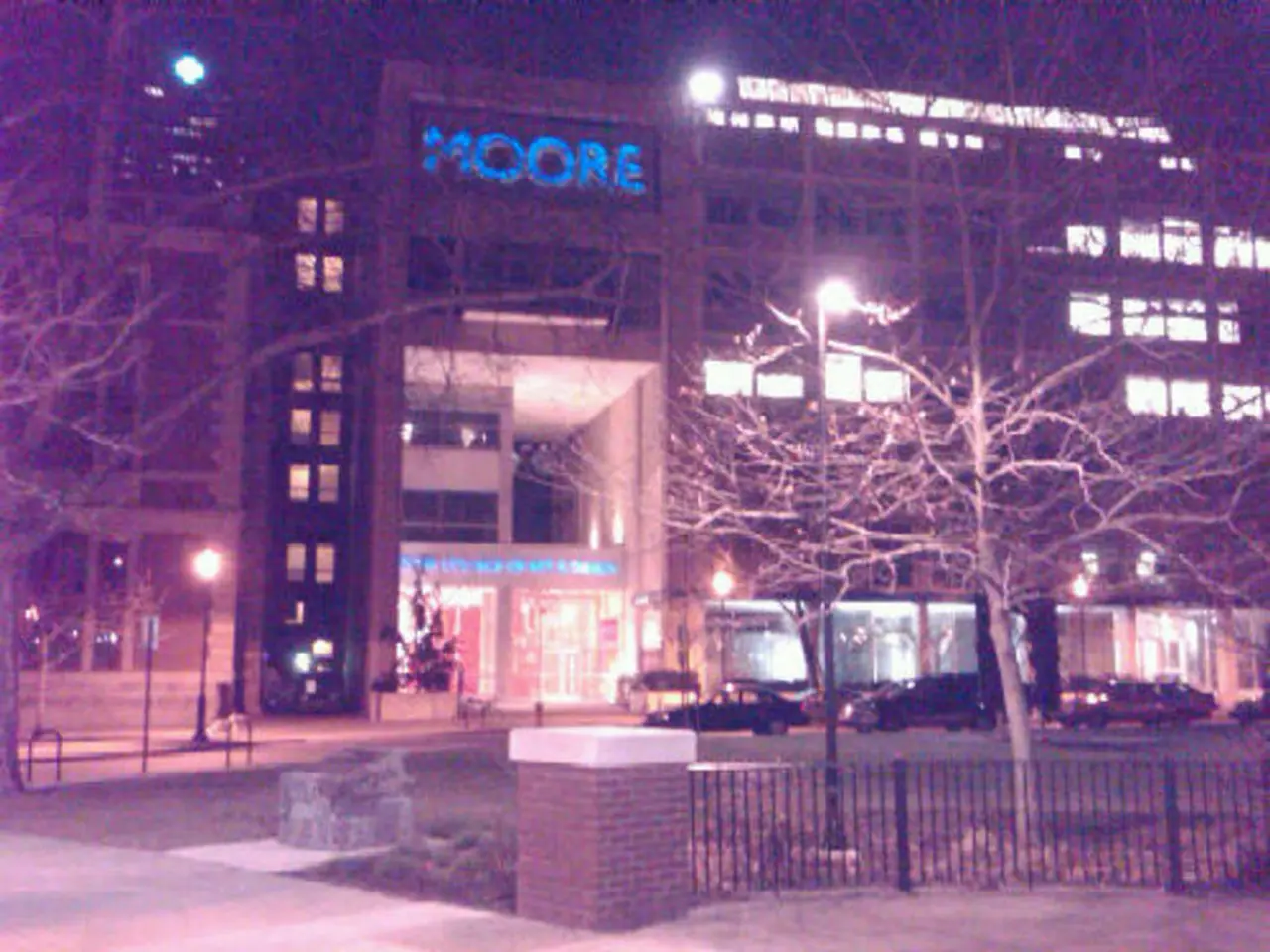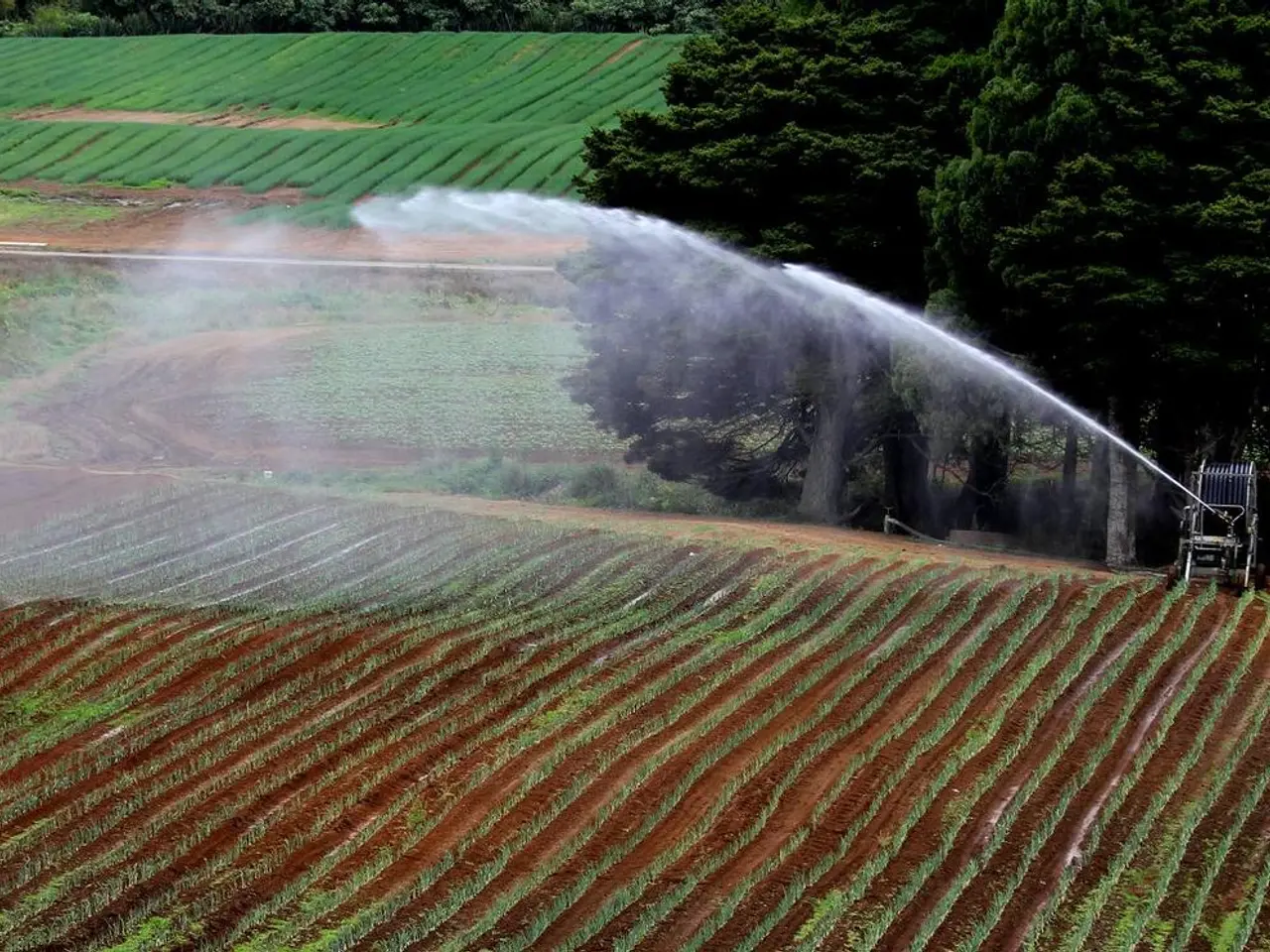Plan for constructing Multi-Orbital Transport Systems (MOT's)
Portugal's Association for Construction and Property Management (APEGAC) has proposed a model for regular technical inspections of buildings, aiming to bring the country closer to best European practices. This move is intended to help verify the effectiveness of conservation work, detect hidden pathologies, and prevent collapses, leaks, falling elements, or system failures.
Currently, buildings in Portugal do not undergo regular mandatory technical inspections, primarily due to the absence of a nationwide institutionalized and legally mandated system. While initiatives such as the ReSist programme in Lisbon assess seismic vulnerability, these are targeted programs rather than a comprehensive nationwide solution.
APEGAC believes that regular inspections could preserve the asset value of buildings by reducing subsequent costs and increasing property value. They also argue that these inspections would reduce risk and litigation by clearly assigning responsibility and documenting interventions and needs. Furthermore, the Association contends that regular inspections would promote collective safety and citizen confidence.
The proposed model aligns with other APEGAC proposals, such as the introduction of mandatory maintenance plans. APEGAC is also concerned about the lack of regular inspections, potentially leading to safety issues, and questions why buildings, where millions of Portuguese people live and work, are not subjected to regular inspections like cars.
Vítor Amaral, president of APEGAC, emphasizes the need for regular inspections of buildings for public safety. He compares the regular inspections of cars to those that could be implemented for buildings to ensure public safety.
However, challenges remain in implementing regular mandatory inspections. Building inspections involve complex assessments, requiring specialized personnel and procedures, making them more difficult to standardize compared to vehicle inspections. APEGAC has not yet provided details on the timeline or cost implications of implementing regular technical inspections.
Despite these challenges, APEGAC advocates for change and is willing to collaborate with the Government and local authorities in defining technical regulations, training inspectors, and creating a reliable and effective inspection system. The Association's concerns highlight the need for stricter regulations regarding building inspections in Portugal.
It remains to be seen how the Government will respond to APEGAC's proposals. However, with the Association's persistent advocacy for public safety and improved building maintenance standards, it seems that Portugal may be moving towards a future with regular technical inspections for buildings.
- APEGAC's proposal for regular technical inspections of buildings in Portugal, aiming to preserve asset value, reduce risk, and promote collective safety, is a significant step towards adhering to best European practices in property management and real-estate investing.
- The proposed inspections, if implemented, could potentially increase property values, as they would reduce subsequent costs and increase transparency by clearly assigning responsibility and documenting interventions and needs.
- With Vítor Amaral, president of APEGAC, emphasizing the importance of regular inspections for public safety, and APEGAC advocating for collaboration with the Government and local authorities, finance professionals might find Portugal an opportune market for investing in real-estate properties accompanied by stringent building inspection regulations.




